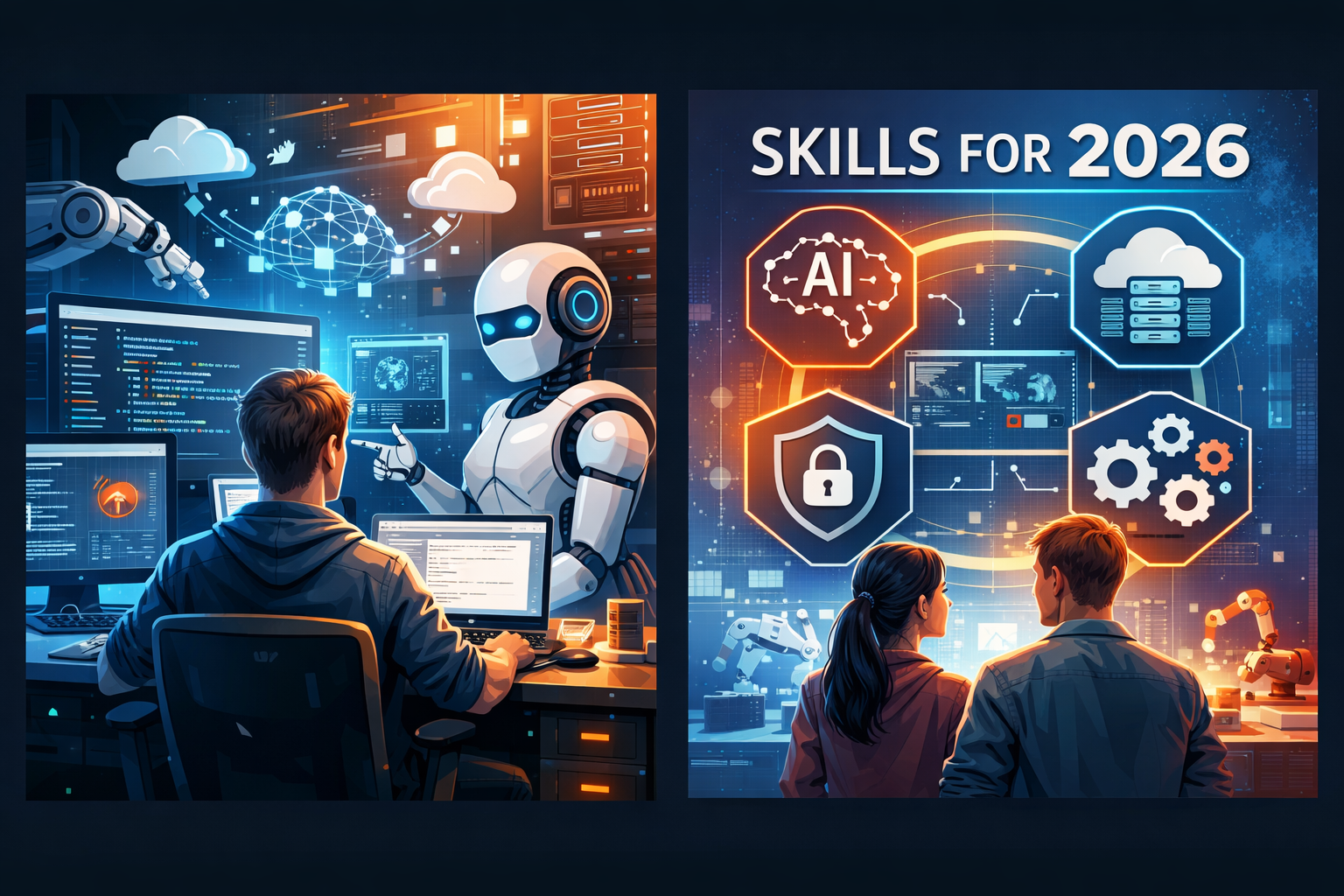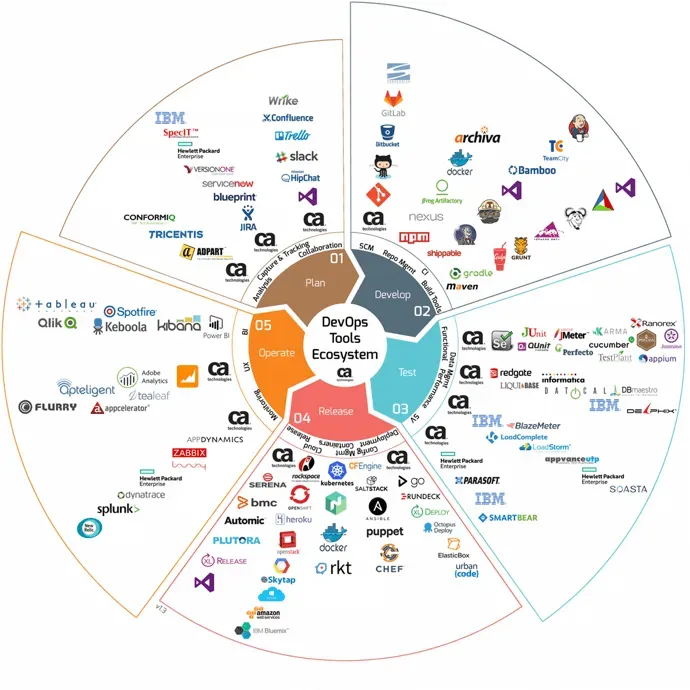The Gap Between Technical Knowledge and Effective Teaching
While possessing extensive technical knowledge is crucial for any trainer, it is not the sole ingredient for effective teaching.

In the ever-evolving landscape of technology, there is a growing demand for skilled professionals to share their knowledge with others. However, a recurring issue in the field is that many technical trainers, despite their deep understanding of the technology, lack the necessary experience in training or a background in education and learning methodologies. This disparity can significantly affect the quality of training, leaving learners with gaps in their understanding and application of the technology.
While possessing extensive technical knowledge is crucial for any trainer, it is not the sole ingredient for effective teaching. Effective teaching involves a blend of various skills and characteristics that many technologists have not studied or been trained in. Here are some of the key elements that are often missing in technically proficient trainers:
Pedagogical Skills
Pedagogy, the art and science of teaching, encompasses understanding how people learn, developing instructional strategies, and creating an engaging learning environment. Many technologists are not familiar with pedagogical principles, which can result in a one-size-fits-all approach to teaching. Without this understanding, they might struggle to adapt their teaching methods to suit diverse learners, which can leave some students behind.
Communication Skills
Being able to explain complex concepts in a simple and understandable way is a hallmark of a good teacher. Technologists often have a deep understanding of their field but may lack the ability to break down intricate ideas into digestible pieces. This can lead to confusion and frustration among learners, who may find it difficult to grasp the material being presented.
Assessment and Feedback
Effective training involves continuous assessment and feedback. Trainers need to gauge the progress of their students and provide constructive feedback to help them improve. Technologists who are not trained in educational methods might not be adept at creating assessments that accurately measure understanding or providing feedback that is both encouraging and corrective.
Classroom Management
Whether the classroom is physical or virtual, managing a learning environment requires skills that go beyond technical knowledge. This includes creating a positive and inclusive atmosphere, addressing disruptive behavior, and keeping students engaged and motivated. Technologists without training in these areas might struggle to maintain an effective learning environment. The impact of these missing elements can be profound. Learners may leave training sessions feeling overwhelmed, confused, or unprepared to apply their new knowledge in real-world scenarios. This not only hampers their personal and professional growth but can also reflect poorly on the organization providing the training.
To bridge this gap, organizations should invest in the professional development of their trainers. Providing opportunities for technologists to learn about pedagogy, communication, assessment, and classroom management can significantly enhance the quality of training. Additionally, pairing experienced educators with technologists can create a dynamic and effective training environment where deep technical knowledge is complemented by strong teaching skills.
In conclusion, while technical expertise is essential, it is not sufficient on its own to ensure effective teaching. By recognizing and addressing the need for educational training among technical trainers, we can improve the quality of technical education and better equip learners to thrive in the fast-paced world of technology.










